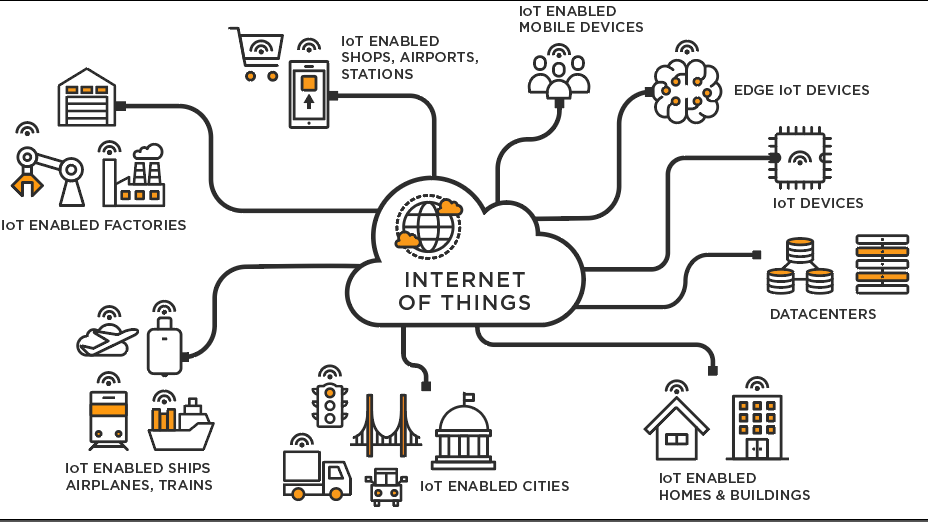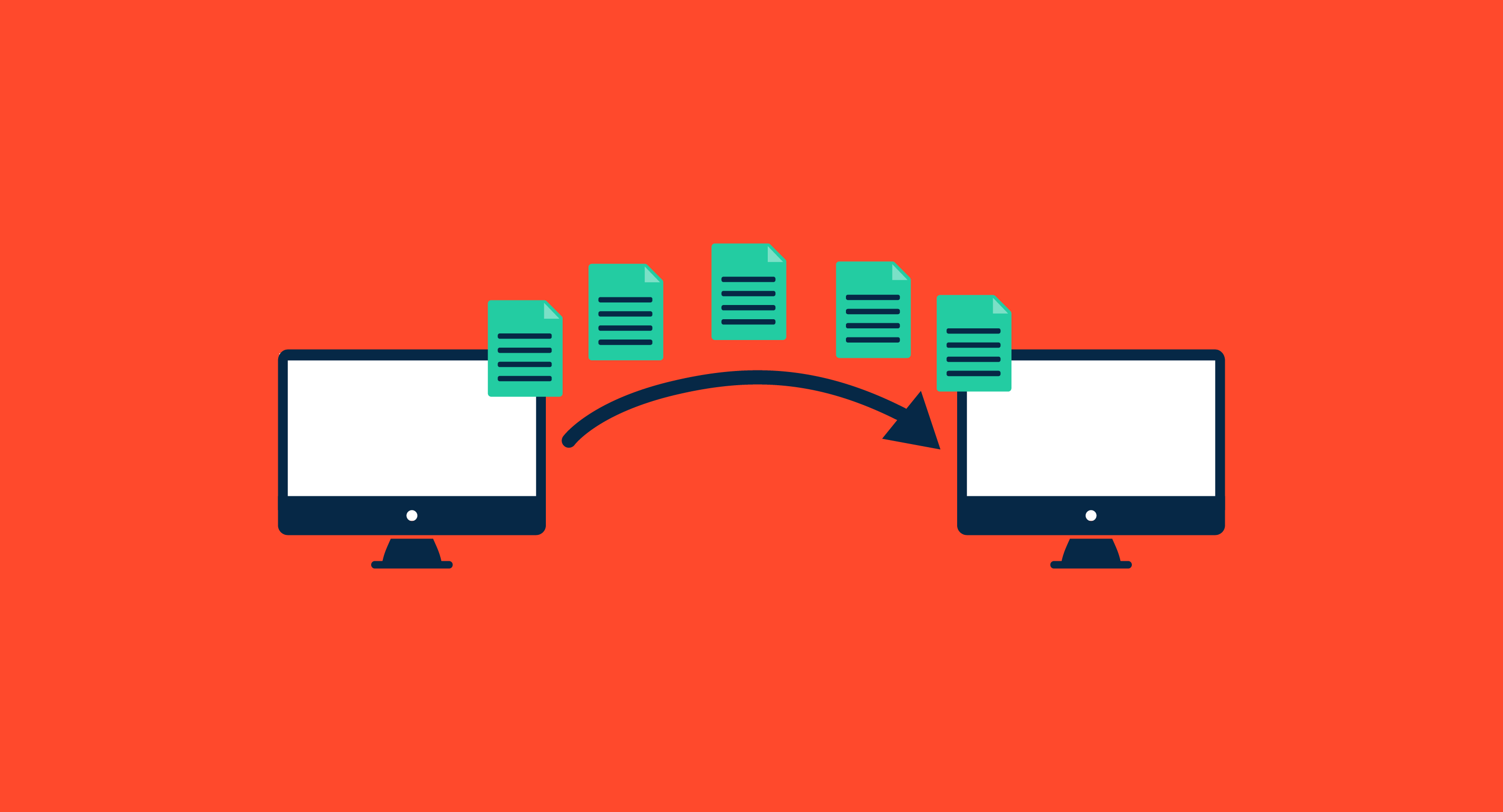When people enter the workforce, they are typically evaluated on experience and knowledge to determine their seniority levels. These factors are an essential measure of skills that allow people to deliver specific needs that a company has. In this article, you will find out what they are, how they work, and their differences to address your professional career to the right performance and development.
What Does Seniority Level Mean?
Levels of seniority are those that measure the level of experience and knowledge of a person in their career path. Sometimes companies define this level by the responsibility level and the rank that the worker has.
- Experience is more defined by skills and abilities than by the number of years worked.
- Self-learning ability, discipline, and work environment greatly influence the rate at which a particular person will become a senior.
Some examples of these levels in the companies are:
- Junior: less than 2 years of experience
- Associate: with 2-5 years of experience
- Mid-level: with 5-10 years of experience
- Senior: with 10+ years of experience
- Lead: who supervise a team of employees
- Manager: who have overall responsibility for a department or division
- Director: who have overall responsibility for a business unit or function
- Executive: who have overall responsibility for the company
Why Seniority Levels Are Important
These levels of seniority are essential in determining responsibilities, opportunities for advancement, making decisions, offering benefits, and more. Likewise, it allows employers to identify the abilities and knowledge needed to get the right team.
For example, acknowledging this allow employers to:
- Treat people equally.
- Determine the right level of responsibility for projects and tasks.
- Earn higher salaries and bonuses.
- Create an assessment path, provide higher-level positions, and improve business development titles.
How Are the Seniority Levels Determined?
Companies choose their collaborators based on their skills, knowledge, and the needs of the vacancies they offer. For this reason, the level of seniority is determined by different factors that we will explain below:
Work Experience
The years of experience a person has in a particular field. The number of years of work experience has always been the basis for finding the most suitable profile for a company.
If someone works in a field other than the one they studied, this experience is only sometimes considered.
This is important to identify the understanding of the industry, the company, and the specific role they are applying for.
Technical and Functional Knowledge
On this occasion, we refer to the knowledge of technology tools, technical processes, methodologies, or standards required to fulfill their tasks.
When your professional level is higher, employers expect you to have a deep understanding of the functional and technical aspects of the role.
Need for Attention and Proactivity
Being self-started and sufficient to take the initiative is a characteristic of a senior level.
This characteristic is focused on the professional’s attitude and performance.
Work Under Pressure
Many professionals today request this characteristic since senior professionals often face important business crises or organizational situations.
Types of Seniority Levels
In the workplace, we can find three types of seniority levels-based experience in the field, skills, and knowledge.
Entry-level (0-2 years)
- Typically, they are new to the workforce or their field.
- They may have a bachelor’s degree or relevant work experience but are still learning the ropes.
- They are typically given less responsibility and may have to work under the supervision of more experienced employees.
Mid-level (3-6 years)
- They have several years of experience in their field.
- They have a deep understanding of the job and can work independently.
- Mid-level employees are often given more responsibility and may be responsible for managing teams or projects.
Senior-level (7+ years)
- Employees at this level have many years of experience in their field.
- They are experts in their field, and others seek their advice and guidance.
- They are typically given the most responsibility and may be responsible for making key decisions for the company.
Levels of Software Engineering (Developer Levels)
The levels of software engineering depend on the company, but some general classifications are:
- Entry-level Software Engineer: Someone just starting their software engineering career. They will typically have a bachelor’s degree in computer science or a related field and will be learning the basics of software engineering, such as programming, software design, and testing.
- Junior Software Engineer: Engineers with some experience who are still learning and developing their skills. They will typically be responsible for writing code, debugging, and testing software. They may also be involved in some design and architecture work.
- Senior Software Engineer: This level is for engineers with considerable experience and experts in their field. They typically lead projects, mentor junior engineers, and make technical decisions. They may also be involved in architecture and design work.
- Staff Software Engineer: Engineers with a deep understanding of software engineering and are thought leaders in their field. They will typically be responsible for setting technical standards, mentoring senior engineers, and leading large projects.
- Principal Software Engineer: This is the highest level for software engineers. Principal engineers are responsible for the overall technical direction of a company or product. They are experts in their field and have a deep understanding of the business. They are also responsible for mentoring other engineers and for developing new technologies.
What are business titles?
Business titles are the names given to positions within a company or organization. Companies use them to identify the role of a person in the company and their level of authority.
Find the Right Team for Your Project
we believe the right team is the key to success. With us, you can have all the roles of an IT team to develop the project you need.
Our team comprises experts spanning all levels of seniority and across various specialties, including Full Stack Developers, Software Engineers, IT Technicians, Security Specialists, and more.
Some of the features our service provide as the following:
- Enjoy real-time communication and collaboration.
- Effortlessly adjust team size as needed.
- Benefit from expert management on both technical and administrative fronts.
- Ensure integrated security measures for your projects.
- Achieve cost savings through this business model.
- Leverage specialized expertise in your industry’s operational framework.
Discover further information on the definition and purpose of staff augmentation.
Source: https://www.us.heinsohn.co/blog/seniority-level



